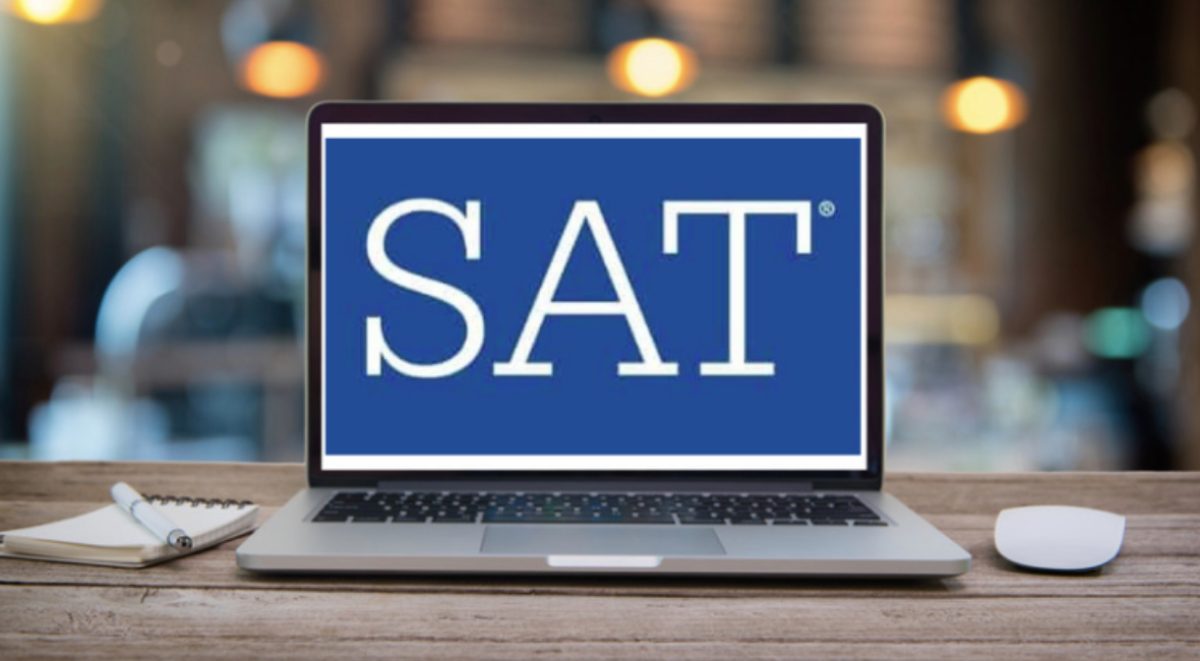Internet piracy, the online distribution of copyrighted materials without consent of the creators, has become increasingly common as the internet grows, according to studies like this one performed by a prominent media think-tank that show the scope of piracy, and how it is changing the way content is created and distributed in this Internet Age. Though the ability to summon any work at will is difficult to resist, pirating copyrighted material remains illegal under current US law, and many who illegally download media suffer moral qualms and legal prosecution over their actions.
The scope of internet piracy is larger than many would think; a 2011 study found that illegal sharing of files represented almost 24% of worldwide internet traffic, and over 17% of US traffic. The resulting loss of sales could translate to a major loss in jobs for workers in music, film, television, and software industries, news outlet Reuters reported in 2010. Junior John Li said, “I still believe that the purchasing of media is the primary way of supporting an artist or a company; with free distribution of media and software, the company or artist will have a much harder time…gaining revenue.”
In response to its rise, many schools have placed prohibitions on piracy, and offer sharp penalties for its use. Since 2007, UC Berkeley students caught using campus computer networks for piracy will be disconnected from the internet for at least a week, according to this press release. Seminole County Public Schools’ Code of Conduct prohibits the possession of any contraband items, which includes bootlegged copies of movies, music, and other pirated materials.
Still, the forbidden fruit of free files is an enticing offer for many ‘Noles. John Li remarked that “some of the prices on…software are ridiculous, and do not deserve to be priced at such expensive prices.” Other Seminoles feel the same way about high prices justifying piracy. Senior Peter Li, no relation to John Li, noted that “corporations overcharge consumers so much that I don’t see anything wrong with pirating.”
There is a notable lack of legal precedent, and a limited history of litigation in matters of internet piracy. Some students, like senior Jordan Adler, have noticed that the legality of piracy “seems like a grey area; there’s no real definition on where the government stands. Some people get in trouble while others just seem to slip under the radar.” Seminole’s School Resource Officer, Sanford Police Officer Franklin Hilton discussed the legality of piracy, stating that “it’s a federal matter and not dealt with at the school level.”
An anonymous junior mentioned that he had saved about $500 by pirating a single program.
Though John Li is quick to call piracy “stealing,” others disagree with this sentiment. Sophomore Shaunak Pandya discussed that he “consider[s] it sharing, because by putting it on the internet, you are sharing it with the rest of the world.”
Many content-creators have tried to harness piracy as a channel for the legitimate distribution of their own content. Several releases of a popular Linux distribution, Ubuntu, have been released on the same channels commonly used for the piracy of other materials. British alternative-rock band Radiohead, along with some other musicians, has condoned the practice. Guitarist Ed O’Brien said in an interview “[Pirates] might not buy an album, but they’re spending their money buying concert tickets, a T-shirt, whatever,” a common sentiment among those who sympathize with piracy. Adler commented, “Artists make enough money off their concerts and CD’s sold in stores or on some online stores like iTunes.”
John Li, however, does not feel that piracy is at all necessary. “Music is cheap, movies are cheap, and books can be read from a library.”
























